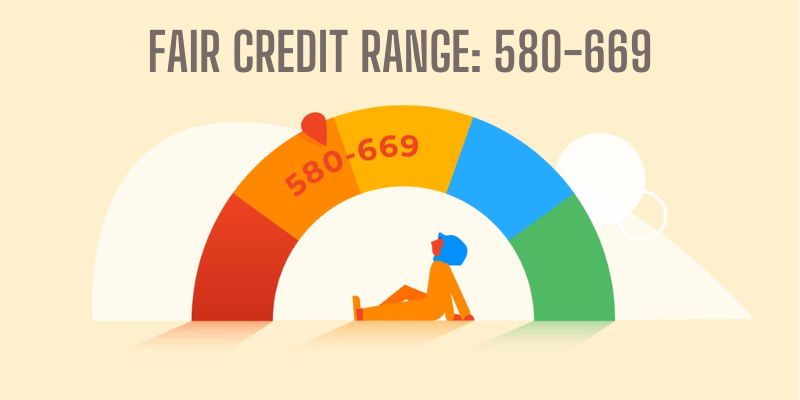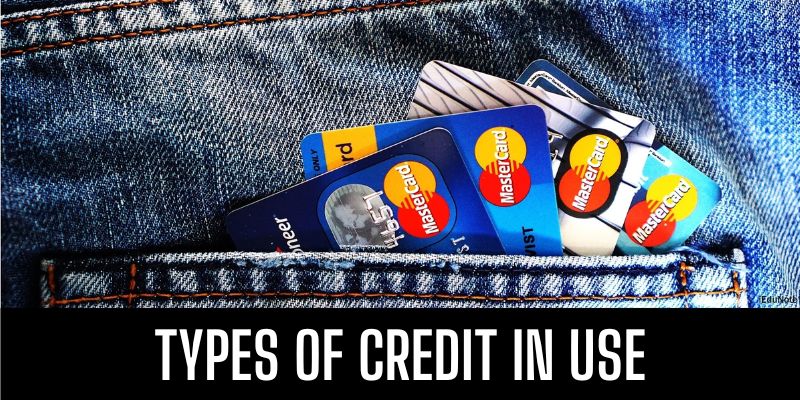In the world of personal finance, credit scores play a pivotal role in determining an individual’s creditworthiness. For those looking to dip their toes into the realm of credit, retail store credit cards can be an enticing option. These cards are often regarded as a stepping stone for individuals with varying credit histories. In this article, Cmd99 will delve into the nuances of retail store credit cards and explore the credit score needed for a retail store credit card to shed light on the factors influencing approval.
Understanding Retail Store Credit Cards
Retail store credit cards are unique financial tools that allow consumers to make purchases at specific stores and often come with exclusive discounts or rewards. Unlike general-purpose credit cards issued by banks, retail store credit cards are typically easier to qualify for, making them accessible to individuals with fair to average credit scores.

Credit Score Needed for a Retail Store Credit Card
-
Credit Score Basics
Before we explore the specific credit score requirements, it’s crucial to understand the basics of credit scores. FICO scores, the most widely used credit scores, range from 300 to 850. Higher scores indicate better creditworthiness, while lower scores suggest a higher credit risk. The factors that influence credit scores include payment history, credit utilization, length of credit history, types of credit in use, and new credit.
-
Fair Credit Range: 580-669
Credit score needed for a retail store credit card often falls within the fair credit range, which typically spans from 580 to 669. Individuals with credit scores in this range may have experienced some financial challenges, but retail store credit cards can serve as a means to rebuild credit.

-
Lenient Requirements
Many retail store credit cards are designed to have more lenient requirements compared to traditional credit cards. This leniency allows individuals with slightly damaged credit to access credit facilities and potentially improve their credit standing over time.
-
Higher Interest Rates
While retail store credit cards offer a pathway to credit for those with less-than-stellar credit, they often come with higher interest rates. Credit score needed for a retail store credit card might be lower, but the cost of borrowing can be higher, making it imperative for cardholders to be mindful of their spending and repayment habits.
Factors Influencing Credit Approval
-
Income and Employment Status
Creditors often consider an applicant’s income and employment status when evaluating creditworthiness. A stable income and employment history can positively impact the credit approval process, potentially compensating for a lower credit score.
-
Debt-to-Income Ratio
Creditors also assess an applicant’s debt-to-income ratio, which is the percentage of monthly income that goes toward debt payments. Even with a lower credit score, a favorable debt-to-income ratio can increase the likelihood of credit approval for a retail store credit card.
-
Recent Credit Applications
Creditors may take note of the number of recent credit applications on an individual’s credit report. Multiple recent applications can be perceived as a red flag, potentially impacting the approval decision. It’s advisable to space out credit applications to avoid negative repercussions.
-
Credit History Length
The length of an individual’s credit history is a significant factor influencing credit scores. While retail store credit cards may be more accessible to those with shorter credit histories, a longer credit history can positively contribute to the overall creditworthiness assessment.
-
Types of Credit in Use
Creditors also consider the types of credit an individual has in use. A diverse mix of credit, including credit cards, installment loans, and retail accounts, can contribute positively to the credit score. Retail store credit cards, being a unique type of credit, can add diversity to an individual’s credit profile.

-
Payment History
Credit score needed for a retail store credit card can be heavily influenced by an individual’s payment history. Timely payments on existing credit accounts demonstrate responsible financial behavior and can enhance creditworthiness.
Understanding the Terms and Conditions
-
Interest Rates and Fees
Before applying for a retail store credit card, it’s crucial to review the terms and conditions. While credit score needed for a retail store credit card may be lower, these cards often come with higher interest rates. Understanding the interest rates and fees associated with the card is essential to make informed financial decisions.
-
Rewards and Benefits
In addition to interest rates, retail store credit cards may offer rewards and benefits such as discounts, cash back, or exclusive access to sales events. These perks can add significant value to the card but should be weighed against the potential costs.
-
Credit Limits
Retail store credit cards typically come with lower credit limits compared to general-purpose credit cards. Understanding the credit limit and how it aligns with your spending needs is crucial to avoid overextending your credit.
Making Informed Decisions
Credit score needed for a retail store credit card may be a key consideration, but it’s just one piece of the puzzle. Aspiring cardholders should approach the application process with a holistic understanding of their financial situation. Here are some tips to make informed decisions:
-
Check Your Credit Report
Before applying for a retail store credit card, obtain a copy of your credit report. Review it for any inaccuracies and address any issues that may negatively impact your credit score.
-
Compare Options
Not all retail store credit cards are created equal. Compare the terms, interest rates, and rewards offered by different cards to find the one that best suits your financial needs.
-
Be Mindful of Your Credit Utilization
Credit utilization, or the ratio of credit card balances to credit limits, is a crucial factor influencing credit scores. Keep your credit utilization low to positively impact your creditworthiness.
-
Make Timely Payments
Credit score needed for a retail store credit card is not the only consideration; your payment history is equally important. Make timely payments on all your credit accounts to build a positive credit history.
Conclusion
To sum up, retail store credit cards can be valuable tools for individuals looking to establish or rebuild their credit. While the credit score needed for a retail store credit card may be within the fair range, other factors such as income, employment status, and payment history also play a crucial role in the approval process. Understanding the terms and conditions of the card, including interest rates and fees, is essential for making informed financial decisions. By approaching the application process with a comprehensive understanding of credit, individuals can use retail store credit cards strategically to improve their financial standing over time.

